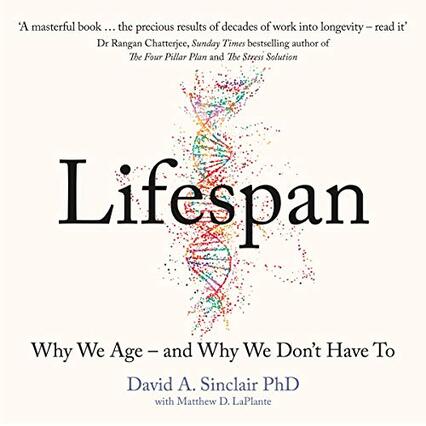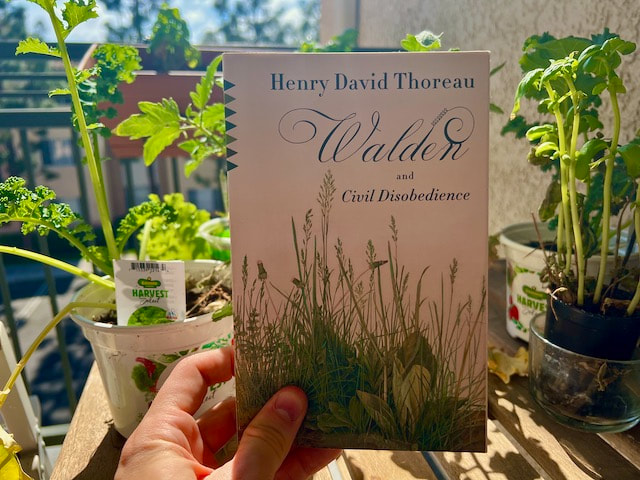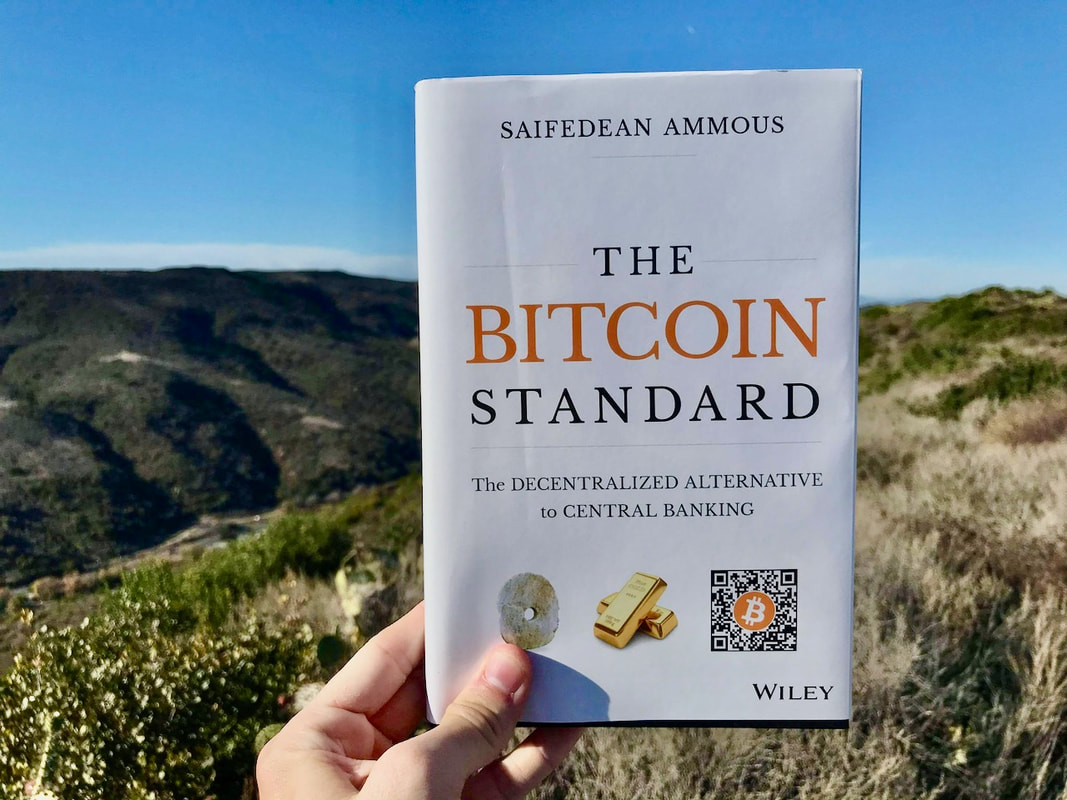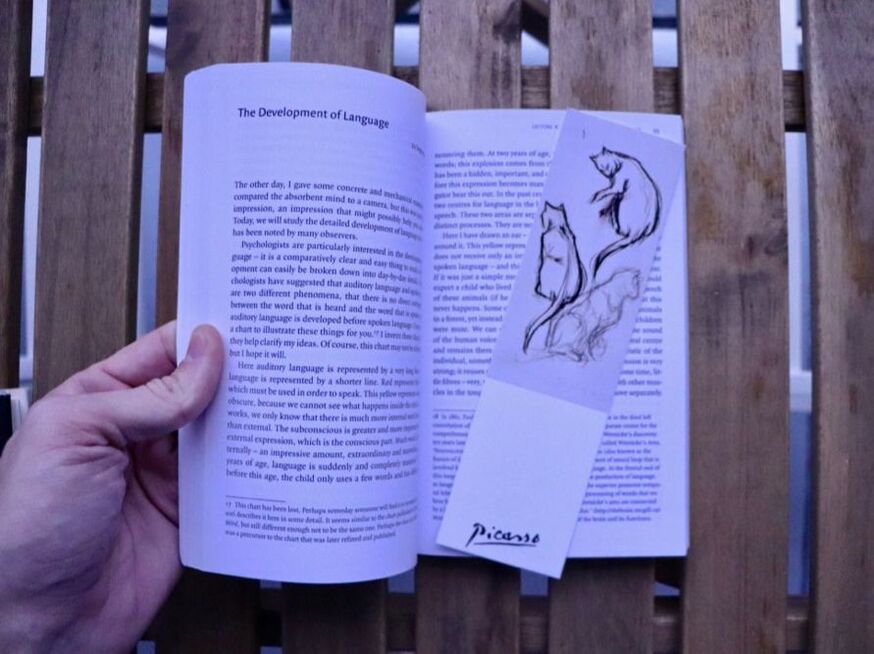I came across Lifespan when Joe Rogan name-dropped it on his podcast, and later again, when I saw that he actually had the author, Harvard professor David Sinclair, on for a couple hours (Spotify). These conversations were just a primer. The book itself for me is what Tyler Cowen would call a "quake book," which I've certainly had my fair share of (from gentle tremors to Magnitude 8+).
I'll be honest. This book is dense. I tried to absorb the medical and scientific information as best I could and get to the mainpoints, which I have listed out below. Also, I think it's important to share that since then, I've begun taking Athletic Greens daily, a wholistic health supplement that you mix with your water or yogurt or whatever, and also have been taking Quercetin (a heart-improving, anti-flammatory chemical) that a nutritionist recommended when I got COVID in 2021. It's something that David Sinclair takes daily.
I'll be honest. This book is dense. I tried to absorb the medical and scientific information as best I could and get to the mainpoints, which I have listed out below. Also, I think it's important to share that since then, I've begun taking Athletic Greens daily, a wholistic health supplement that you mix with your water or yogurt or whatever, and also have been taking Quercetin (a heart-improving, anti-flammatory chemical) that a nutritionist recommended when I got COVID in 2021. It's something that David Sinclair takes daily.
| “Your genes only control 20% of ultimate health and old age; 80% is in your hands.” |
Okay, here are my takeaways from Lifespan: Why We Age — And Why We Don't Have To. If you think I'm missing anything or got some things wrong, please let me know. I'm so eager to investigate as well as experiment with diet, nutrition, and healthy habits. Appreciate any recommendations as well!
1. Do you own research. Don't blindly follow David Sinclair. Or your primary care doctor. Or what seems to have worked for your parents. (Especially) when it comes to health, you should approach any advice carefully.
2. The Information Theory of Aging is David Sinclair's view that we age because our DNA and our cells are damaged and encoded information cannot be read. An analogy he gives is that of the CD. The aging process is analogous to scratches on a CD; we skip songs when we get older. Treatment is like polishing a CD so you can read all the songs properly.
3. Aging, Sinclair argues, is not a metaphysical absolute that cannot be changed, reduced, and slowed down. Moreover, it is proper to view aging as a disease—a slow deadly one—but that has a series of treatments.
4. It is crucial to understand aging nor more than ever for us folks alive today, for obvious reasons, but also because modern life is rife with stressors on our bodies—from the uptick in mental disorders to our sedentary lifestyle in chairs with copious amounts of blue light absorbed each day and delicious, fake food tempting us all the time.
5. First, some more known things like movement and activity are crucial to stay alive and having a high quality of life (i.e. a low biological age). Even running just 10 minutes a few times per week can and regularly riding bikes have a huge reduced risk of heart attacks.
6. Hyperbaric chambers can be used for a lot of health treatments and benefits. One of them is to cause changes in oxygen, which actually emulate the effects of getting exercise without having to exercise. We think that this is because they activate sirtuins and improve telomere length. Telomere length is an indicator but not the only metric of aging that is found in your DNA.
7. Sinclair believes that “your genes only control 20% of ultimate health and old age; 80% of it is in your hands.” If you do these five basic things you will live longer and better: (1) exercise; (2) sleep; (3) don’t smoke; (4) eat less (both in calories and intermittent fasting); (5) manage stress. For example, eating one meal a day turns on hormesis genes which make the body fight disease and aging
8. You can activate the survival network in your body and reverse cellular aging with the above, as well as these additional habits: (1) Taking Metformin, which works by inhibiting mitochondria, forcing the body to respond by making more mitochondria for use when the drug is not around. Sinclair does this daily after exercise. (2). Use saunas and cold plunges or cold showers 2-3 times a week.
8. Nicotinamide adenine dinucleotide (a.ka. NAD) is what our cells' mitochondria use to make energy. NAD decreases as we age. NAD levels cycle through the day. Exercise can increase NAD levels. You can also take a supplement, NMD, which Sinclair does, for this purpose. He takes 1 gram a day. Again, do your own research.
9. Lastly, government health organizations consistently get so much wrong with health. COVID showed this nakedly to anyone paying attention. Obesity and Vitamin D were the highest predictors of mortality and hospitalizations for humans—not vaccines or wearing masks. Both losing weight and getting sunlight or taking Vit D supplements were 100% in our control. Both were not explicitly discussed for months if at all by 'leading' health professionals. Be cautious of the status quo, especially government health 'experts.'
1. Do you own research. Don't blindly follow David Sinclair. Or your primary care doctor. Or what seems to have worked for your parents. (Especially) when it comes to health, you should approach any advice carefully.
2. The Information Theory of Aging is David Sinclair's view that we age because our DNA and our cells are damaged and encoded information cannot be read. An analogy he gives is that of the CD. The aging process is analogous to scratches on a CD; we skip songs when we get older. Treatment is like polishing a CD so you can read all the songs properly.
3. Aging, Sinclair argues, is not a metaphysical absolute that cannot be changed, reduced, and slowed down. Moreover, it is proper to view aging as a disease—a slow deadly one—but that has a series of treatments.
4. It is crucial to understand aging nor more than ever for us folks alive today, for obvious reasons, but also because modern life is rife with stressors on our bodies—from the uptick in mental disorders to our sedentary lifestyle in chairs with copious amounts of blue light absorbed each day and delicious, fake food tempting us all the time.
5. First, some more known things like movement and activity are crucial to stay alive and having a high quality of life (i.e. a low biological age). Even running just 10 minutes a few times per week can and regularly riding bikes have a huge reduced risk of heart attacks.
6. Hyperbaric chambers can be used for a lot of health treatments and benefits. One of them is to cause changes in oxygen, which actually emulate the effects of getting exercise without having to exercise. We think that this is because they activate sirtuins and improve telomere length. Telomere length is an indicator but not the only metric of aging that is found in your DNA.
7. Sinclair believes that “your genes only control 20% of ultimate health and old age; 80% of it is in your hands.” If you do these five basic things you will live longer and better: (1) exercise; (2) sleep; (3) don’t smoke; (4) eat less (both in calories and intermittent fasting); (5) manage stress. For example, eating one meal a day turns on hormesis genes which make the body fight disease and aging
8. You can activate the survival network in your body and reverse cellular aging with the above, as well as these additional habits: (1) Taking Metformin, which works by inhibiting mitochondria, forcing the body to respond by making more mitochondria for use when the drug is not around. Sinclair does this daily after exercise. (2). Use saunas and cold plunges or cold showers 2-3 times a week.
8. Nicotinamide adenine dinucleotide (a.ka. NAD) is what our cells' mitochondria use to make energy. NAD decreases as we age. NAD levels cycle through the day. Exercise can increase NAD levels. You can also take a supplement, NMD, which Sinclair does, for this purpose. He takes 1 gram a day. Again, do your own research.
9. Lastly, government health organizations consistently get so much wrong with health. COVID showed this nakedly to anyone paying attention. Obesity and Vitamin D were the highest predictors of mortality and hospitalizations for humans—not vaccines or wearing masks. Both losing weight and getting sunlight or taking Vit D supplements were 100% in our control. Both were not explicitly discussed for months if at all by 'leading' health professionals. Be cautious of the status quo, especially government health 'experts.'
WHO IS DR. DAVID SINCLAIR?
David A. Sinclair, Ph.D., A.O. is a Professor in the Department of Genetics and co-Director of the Paul F. Glenn Center for Biology of Aging Research at Harvard Medical School. His newsletter is at www.lifespanbook.com and you can follow him on Twitter @davidasinclair.
YOU MAY ALSO LIKE
| THE BEST BOOKS I READ IN 2021 The Dwarf King, personality archetypes, creepy suburbs, Nietzsche, Taleb, and more... THE BEST BOOKS I READ IN 2020 Climbing Kilimanjaro, practicing Roman virtues, a smart octopus, and more... | THE BITCOIN STANDARD Saifadean Ammous THE 1946 LONDON LECTURES Dr. Maria Montessori |























